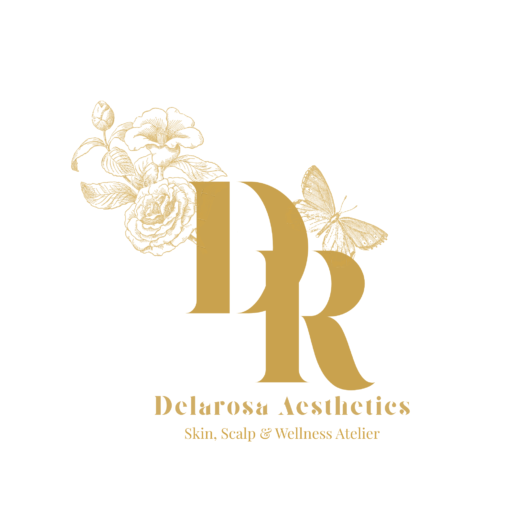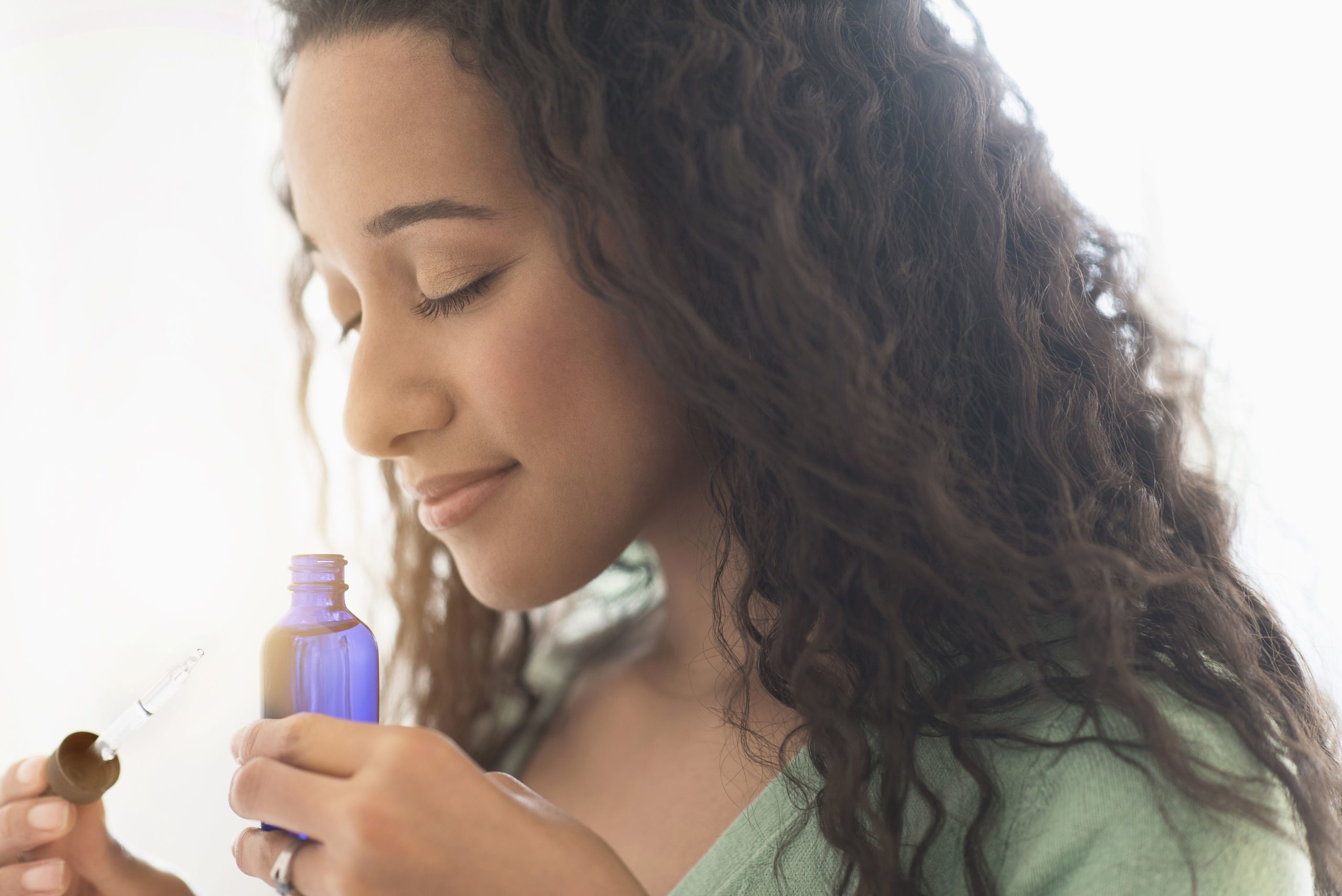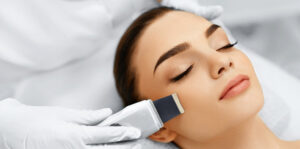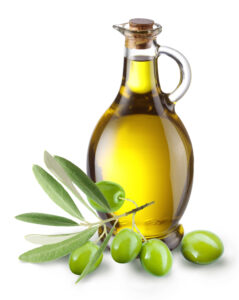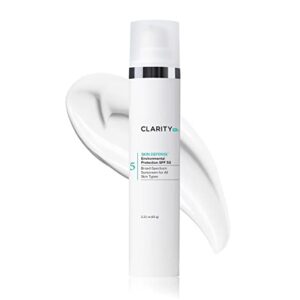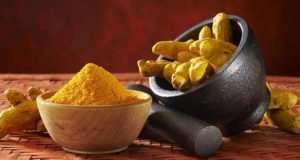Did you know that aromatherapy has been around for thousands of years and has rich origins in African history? From ancient China to Egypt and Southern Africa, people have known the healing power of plants and their fragrant oils. African aromatherapy enthusiasts consider Southern Africa the “cradle of incense,” and succeeding generations of the Khoi and San people have preserved the aroma therapeutic tradition.
But the magical history of aromatherapy doesn’t stop there. The practice of herbalism is a diverse blend of numerous cultural traditions dating back to ancient Egypt. The African continent has been a hub for trade and cultural exchange, which has led to the sharing of Arab and Asian practices.
Ancient cultures in China, India, Egypt, and elsewhere incorporated aromatic plant components in resins, balms, and oils. Our past ancestors used natural substances for medicinal and spiritual purposes. These remedies offer physical and psychological benefits. The use of aromatic plant components for medicinal and religious purposes has existed for thousands of years in various cultures, including Africa. Ancient civilizations like China, India, and Egypt used fragrant plant components in resins, balms, and oils for medicinal and religious purposes. These natural substances provide both physical and psychological benefits.
Additionally, as time passed, the knowledge of aromatherapy spread worldwide. The Persians learned to distill the oils, and the Germans wrote about the process in books.
But the French truly embraced the power of the plants and coined the term “aromatherapy” to describe using essential oils for healing.
In 1937, a French perfumer and chemist named René-Maurice Gattefossé coined the term “aromatherapy” in his book. Gattefossé had previously discovered lavender-treated burns. His book explores the use of essential oils for medical purposes.
The Chinese made incense from cinnamon and cloves to ward off illness. In India, they used sandalwood to calm the mind and promote relaxation. In Egypt, they infused oils with myrrh and frankincense to aid in healing and purification. And in every corner of the world, people knew that the plants held secrets that could unlock the doors to health and well-being.
Moreover, we can harness the magical healing power in modern times through aromatherapy. By diffusing essential oils, adding them to bathwater, applying them to the skin, or even ingesting them in some cases, we can promote health and well-being naturally and holistically. And with the rich and magical history of aromatherapy, we can connect to the wisdom of our ancestors and honor the traditions passed down through generations.
Today, aromatherapy is still a powerful tool for promoting health and well-being.
Essential oils are extracted from plants, resulting in oils being used in various ways. They can be diffused in the air, added to bathwater, applied to the skin, or even ingested in some cases.
Each essential oil has its unique properties and benefits. One example of a calming plant is lavender. In comparison, peppermint can help to ease headaches and promote mental clarity. Citrus oils, such as lemon and orange, are invigorating and can help to boost energy levels.
When combined, essential oils can create powerful blends with even more significant effects. For example, a combination of lavender and chamomile can help to promote relaxation and ease anxiety. In contrast, a variety of eucalyptus and peppermint assist in clearing the sinuses, and improving respiratory health is possible.
Aromatherapy has been shown to have a variety of health benefits.
It can be beneficial to reduce stress and anxiety, promote relaxation, ease pain, and even improve sleep quality. For people with chronic health conditions, aromatherapy can be a valuable tool for managing symptoms and improving overall quality of life.
It is essential to be careful when using essential oils and exercise caution. They are highly concentrated, and diluting the product before applying it directly on the skin is critical. Some oils can also be toxic if ingested, so research before using them.
When purchasing essential oils, buying from a reputable source is crucial. Look for oils that are 100% pure and natural, and avoid those that contain synthetic additives or other chemicals.
In a world where modern medicine often relies on synthetic drugs and chemicals, aromatherapy offers a natural alternative. By harnessing the power of plants and their fragrant oils, we can promote health and well-being in a way that respects the ancient wisdom of our ancestors. So go ahead and breathe in the scents of the earth, and let the magic of aromatherapy work its healing wonders.
